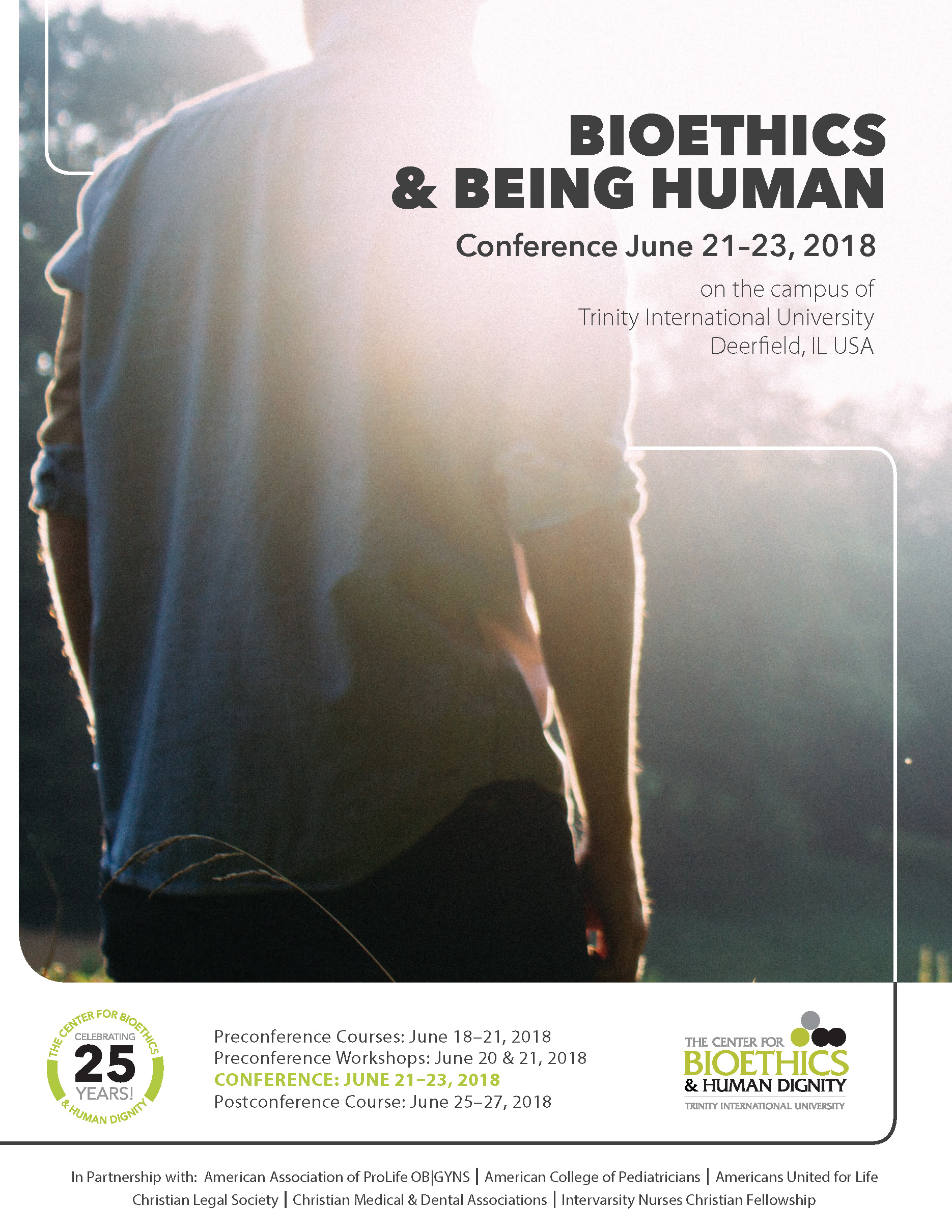
Both under the auspices of secular philosophy and Protestant theology, procreation has been relegated to a status of near-irrelevance. Advances in medical science have fortified the ideological divide between sexuality and procreation with the rise of abortion, contraceptive availability, in vitro fertilization, and selective embryo transfer. Theology has, at least among Protestant evangelicals, followed a similar track. The emphases in discourses on sexuality have been on the act of sexuality itself, generally in the negative, and on the joys of sexuality in the context of biblical marriage more positively. Theological sexual ethics, exposited in this way, inadvertently fail to benefit from a valuable insight into the bioethical concerns surrounding procreation and sexuality. By considering sexuality and procreation in light of the theological anthropologies of Karl Barth, T. F. Torrance, and Alan Torrance, we will find that these two actions are inextricably bound up with one another and with the doctrines of the Trinity and creation. Creation is a triune act of the love that exists between Father, Son and Spirit. In sexuality we participate in the inner-triune love of God as imago Dei. In procreation, we participate in that same trinitarian love as it works ad extra to create. This bears upon our theological reflection in a beautiful and meaningful way to conclude that love begets life. While procreation and love each have their independent values for both the secular and sacred, this offers a potential contribution of Christian theology to the “public square” of bioethics: that love and human life are intrinsically bound.